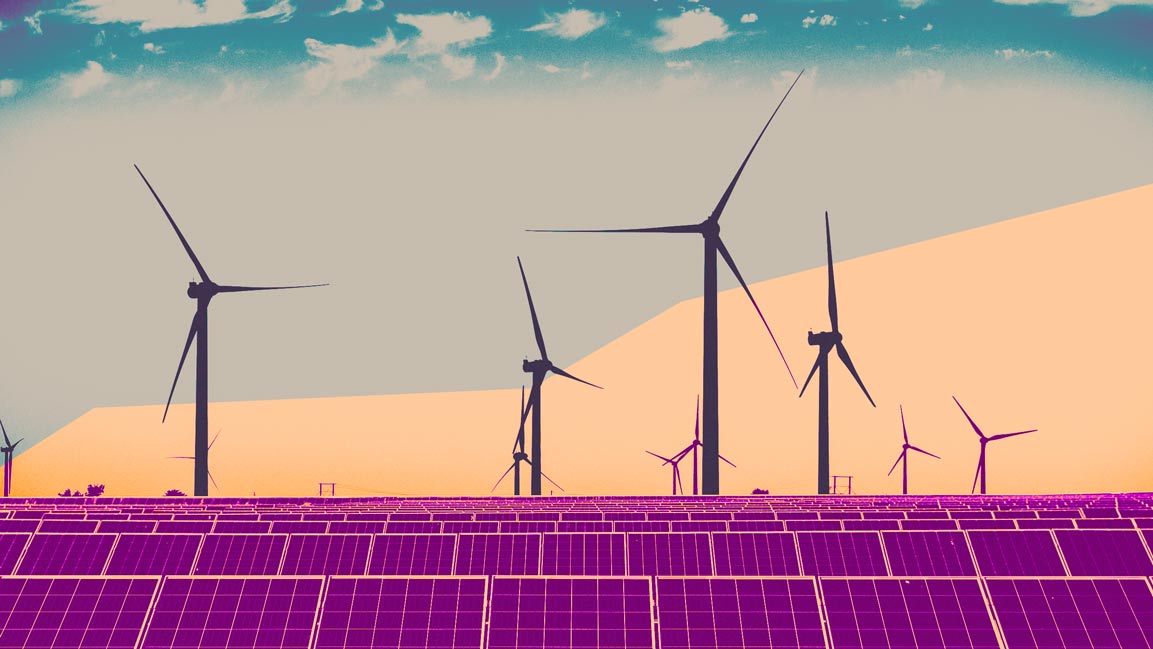- | 2:00 pm
GCC energy firms need to re-innovate to meet global compliance, finds report
GCC energy companies must now report their overall carbon emissions under UNFCCC guidelines and develop new products and frameworks that lower carbon footprints.

As global policies increasingly emphasize reducing greenhouse gas emissions, energy companies face growing pressure to move beyond general reduction targets and develop specific strategies for mitigating the carbon footprint of each individual product. This transition necessitates a fundamental redefinition of how emissions are measured, reported, and mitigated.
For energy companies in the GCC, this global shift presents both an opportunity and a challenge. Their relatively lower-carbon products offer a competitive advantage that could help them stand out in an increasingly carbon-conscious global market, according to a new report titled “Rethinking Corporate Decarbonisation: From Enterprise Targets to Product Strategies,” a collaboration between the World Future Energy Summit and Strategy& Middle East, part of the PwC network.
As mandated by the UNFCCC, GCC energy companies must disclose their aggregate carbon emissions in national biennial carbon inventory submissions. However, both national and regional carbon policies are in flux, and energy products frequently face scrutiny from policies implemented in markets situated far beyond their country of origin.
“This marks a pivotal moment for energy players. Setting broad corporate emissions targets is no longer sufficient. By adopting product-level decarbonization, GCC energy companies can transform regulatory pressures into growth opportunities, securing their position as leaders in the global energy transition,” said James Thomas, Partner at Strategy& Middle East.
The report introduces a three-dimensional framework that provides a real-time overview of global policies affecting sectors and products. This framework helps GCC energy companies align their carbon accounting and emissions mitigation efforts with regulatory requirements and market expectations.
The report highlights that implementing a product-level carbon accounting strategy poses considerable challenges. Many GCC energy companies have yet to establish comprehensive carbon accounting policies at the corporate level, making it even more challenging to apply them to individual products.































